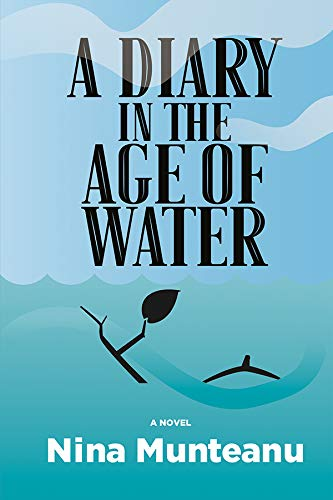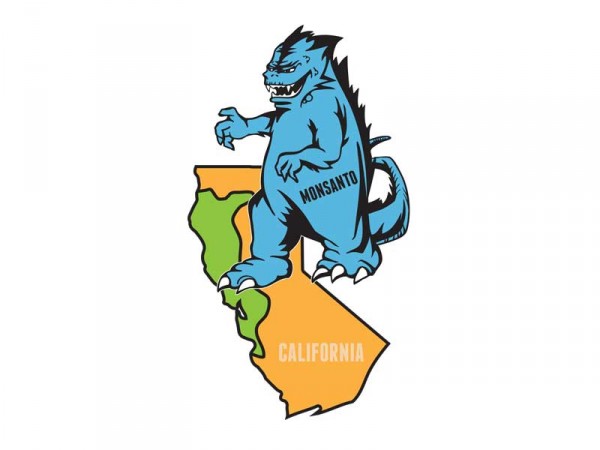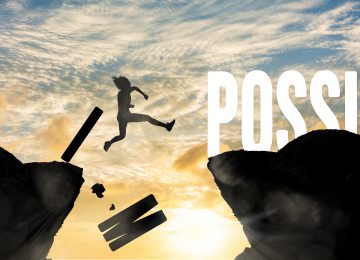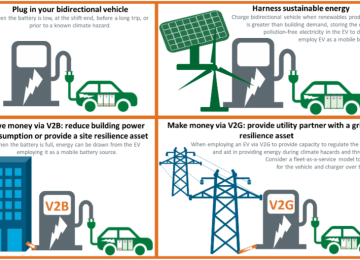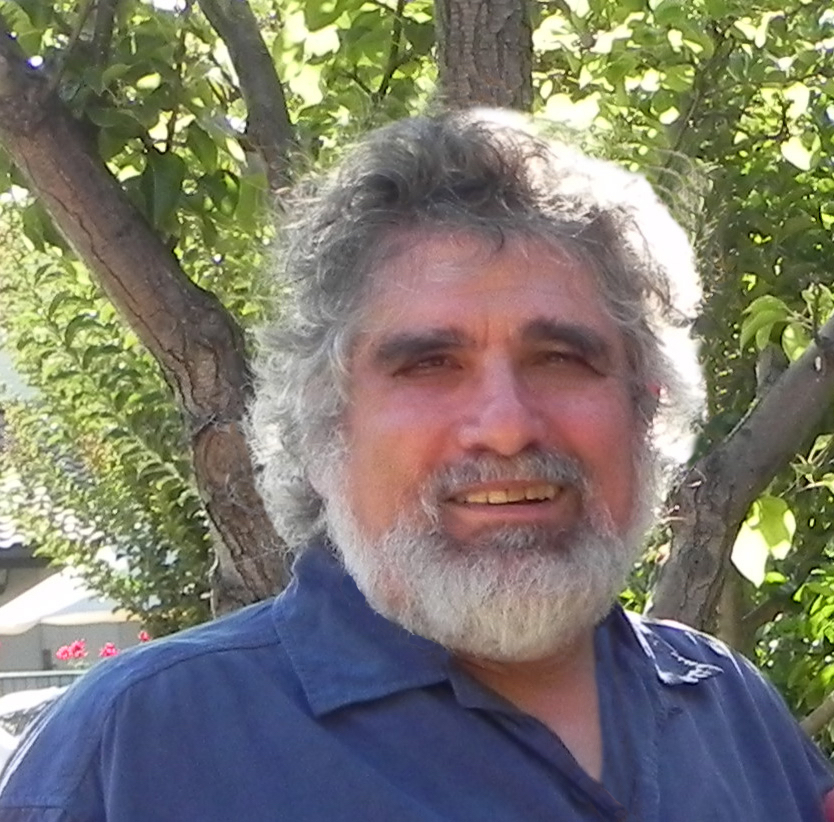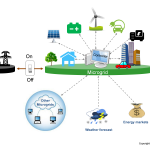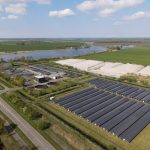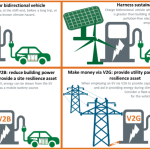You would think we would know by now that if we keep on exploiting nature for our own profit, nature can’t continue to sustain us. It is a dystopic world – the opposite of an ideal one – that we are creating as we emit carbon, destroy forests, and degrade whole ecological systems. In her dystopian novel A Diary in the Age of Water Canadian limnologist Nina Munteanu imagines a world in which water – that most crucial of all our resources – is drained away by corporate greed.
My last foray into Nina Munteanu’s Oeuvre was to review her non-fiction study of water, Water Is…:The Meaning of Water which was rich with scientific detail, natural history, literary allusion, and imaginative speculation typical of this protean limnologist. In her new novel she presents her idiosyncratic blend of science and ecological philosophy via the genre of science fiction.
In Chinese box fashion, there is a framing narrative and two inner stories. The framing narrative is science fiction, with elements of the Solar Punk genre. The two inner boxes are the diaries of Lynna and of her daughter Hilde. Munteanu employs Solar Punk’s (manifesto) technique of using dystopic descriptions of present ecological catastrophe to predict the end of the world as we know it, and to indicate a utopian future.
The hero of the framing narrative is Kyo, a four armed, blue-skinned young woman with a profound affinity for water. She is being mentored by one of the few surviving humans about how she and many like her, who are all female (having been born through a process of parthenogenesis found in water science) will transition to a better world when the earth is no longer habitable.
Here is the scientific basis to the way Kayo and her sisters communicate:
“She understands that rhythm embraces a fractal continuum that ranges from microscopic to cosmic proportions. Cell division aligns with the planet’s circadian rhythms; bees synchronize their flight with the phase of the moon; planets and stars exert gravity and frequency on each other, resonating with the harmonic music of the spheres. Her world flows in constant oscillation from high to low, particle to wave, dark to light, separating and uniting, creating and destroying, and back again. All through water. It is then that she feels her sisters the most, the other Kyos…”
These “other blue beings like her” are scattered over the planet in small enclaves, soon to gather together for an “Exodus.” Unsure about her origins, and puzzled over what she is expected to do, Kyo finds a diary account of the events that brought her present world into being.
The diary, written by a Canadian limnologist named Lynna who works for an oligarchical corporation, CanadaCorps, looks back from 2045 to events in the 2020s to chronicle the hijacking of Canada’s lake, river, and glacial resources after Trump sells North American water to China. Lynna is deeply worried that her daughter Hilde and an American friend, Hanna (the destructive “Water Twins” of the fantasy frame) are conducting experiments blending science with ancient meditative practice that could endanger human survival on the planet.
Although much of the diary reads like straight scientific exposition, Munteanu uses Lynna’s limnological particulars to construct futuristic metaphors. For example, she deploys the concept of Stable chaos to prophesy the birth of Kyo’s future world on some other planet:
“STABLE CHAOS: A precept within chaos theory, which suggests that order emerges spontaneously from chaos as synchronous self-organization…. created and regulated by the same nonlinear twists that create the unpredictable turmoil around it.:”
If the world of 2020-2045 is chaotic, it is incubating a new world for Kyo and her water sisters “where chaos self-organizes into some kind of order or stability.”
In another example of science as predictive metaphor, Munteanu bases the reduction of the human race to one gender on a limnological phenomenon that Lynna’s lab assistant discovers in “some parthenogenic pond life that can exist only in the female gender. “
Lynna’s diary extrapolates dire future outcomes from events she witnesses in what would be our present. Here’s her example from my own (Detroit Metropolitan Region) experience:
“Forty years ago, when the water engineers shut off the taps in Detroit because poor people couldn’t pay the tax, the public outcry was tremendous. Activists vilified the city for its lack of compassion and declared water a human right.”
The future difference is that “This time, there is no reaction . . .It was like a giant Ponzi scheme . . . in which one company pollutes the water and then, with the help of the World Bank, develops the technology to clean the water, and then finally sells it back to the very people they stole it from in the first place—for an additional profit.”

Munteanu uses the dystopian technique of extrapolating from a deplorable present to prophesy a frightening future. Her method is associated with Solar Punk’s abhorrence for the present day oligarchy of corporate CEOs, energy interests, and the very powerful, very rich 1% controlling it all. While Solar punk posits alternate worlds where human traits of invention and ingenuity rescue the planet, A Diary in the Age of Water is more dystopian than utopian, its utopian future predicted but not described. Although more science than fiction, Munteanu’s novel provides an effectively dire prophesy about what is likely to happen to the human race if we fail to stand on our feet and fight “A ‘governmentality’ that treats the environment as a subversive object to investigate, securitize, and manipulate; and treats the human masses like cattle to be cultivated and controlled.”


